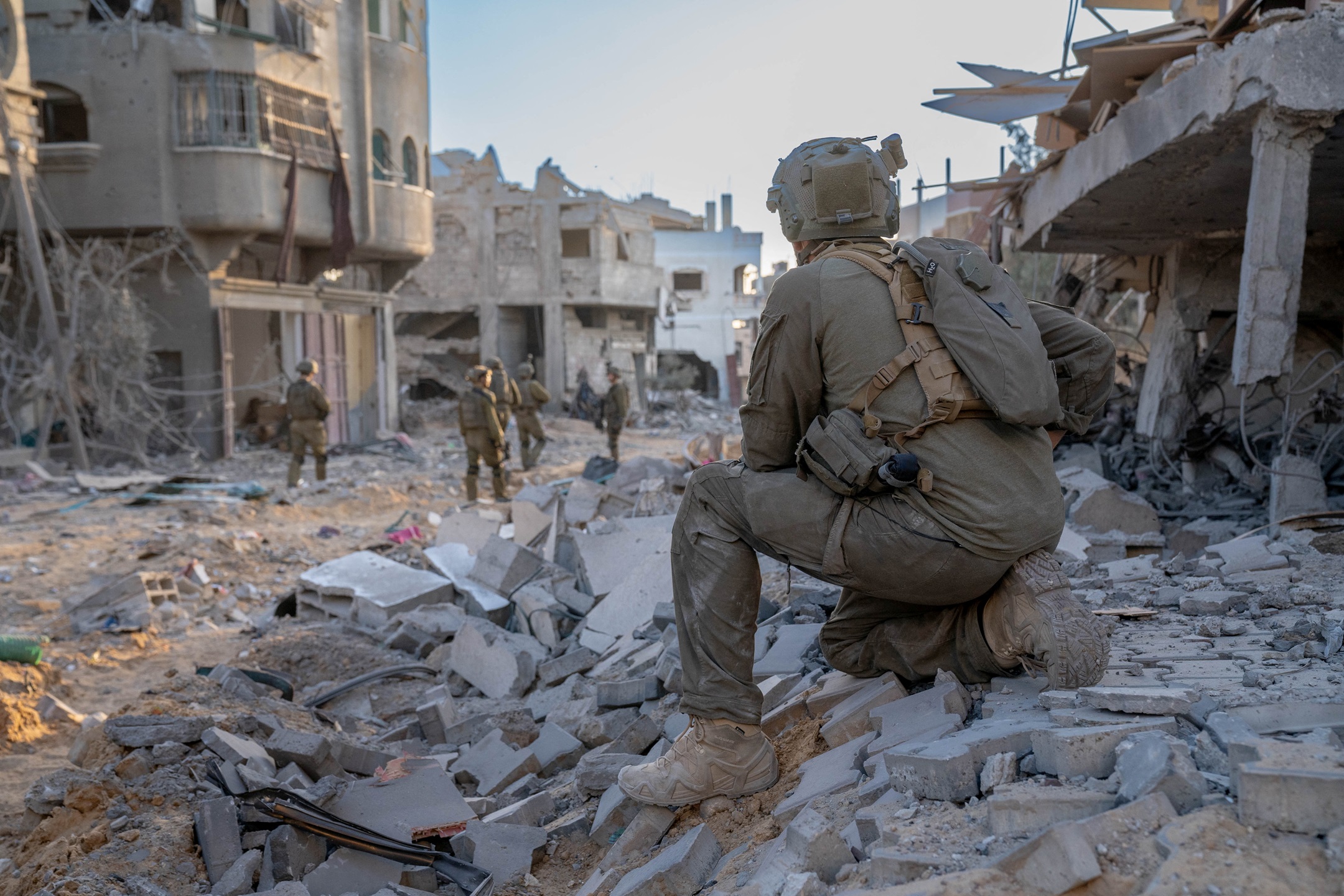Foreign Policy Brief #211 | Valerie Henderson | August 1, 2025
In the summer of 2025, President Donald Trump became the centerpiece of a surreal global spectacle: a campaign to nominate him for the Nobel Peace Prize. Israeli Prime Minister Benjamin Netanyahu lauded Trump for supposedly brokering stability in conflict zones, and Cambodia’s deputy prime minister praised him for his role in a temporary ceasefire with Thailand. The White House eagerly embraced this narrative, touting Trump as a global peacemaker and repeatedly pointing to “six major conflicts” that he allegedly helped resolve.
The irony could not be starker. This wave of praise arrived just days after U.S. forces dropped the largest non-nuclear bombs in history on Iran, claiming to destroy nuclear sites. In the same week, international observers reported new civilian casualties in Gaza and an increase in regional tensions. For many critics, this nomination campaign was less about diplomacy and more about feeding Trump’s ego while providing political cover for authoritarian allies under fire for human rights abuses.
Analysis
The push to paint Trump as a peacemaker follows a familiar script: global leaders deploying flattery as a political currency. Netanyahu’s nomination of Trump comes at a time when he is under intense international scrutiny for alleged war crimes in Gaza and mounting political pressure at home. Publicly aligning Trump with “peace” reframes both leaders in a positive light and distracts from the realities of their policies.
Cambodia’s praise mirrors this transactional diplomacy. Trump recently offered tariff concessions and symbolic recognition in Southeast Asia, a move that coincided with Cambodia’s effusive Nobel recommendation. Such gestures appear more like political theater than a celebration of meaningful, sustained conflict resolution. Historically, anyone can be nominated for a Nobel Peace Prize, and past nominees have included notorious dictators. A nomination itself carries no merit without a demonstrated legacy of peace, which remains absent in Trump’s record.
Meanwhile, the global stage is not convinced. India publicly dismissed Trump’s claim of resolving long-standing tensions with Pakistan. Human rights organizations have condemned his administration for escalating military operations, expanding arms sales to conflict regions, and ignoring civilian harm in U.S.-supported operations. To frame these actions as peacekeeping is to rewrite the reality of ongoing violence.
This is not a story about diplomacy. It is a performance. International leaders are leveraging Trump’s craving for recognition to further their own agendas, from deflecting criticism at home to extracting concessions abroad. For Trump, the spectacle of Nobel nominations is an opportunity to reinforce his image as a world statesman, regardless of the on-the-ground consequences of his foreign policy.
My Opinion
The push to crown Trump a Nobel laureate is a masterclass in political theater and hypocrisy. Peace cannot be declared from a press podium while bombs fall in Iran and civilians in Gaza continue to die. Flattering world leaders and transactional ceasefires do not equate to meaningful diplomacy or justice.
Trump’s willingness to embrace this charade exposes the emptiness of his foreign policy approach. It is rooted in optics, not outcomes. Leaders like Netanyahu and Cambodia’s deputy prime minister are not honoring him as a peacemaker; they are exploiting his vanity for their own survival. Worse, the American public is left watching a dangerous narrative unfold in which mass violence can be rebranded as a path to peace if it earns the right photo op.
Awarding accolades for this behavior does not elevate diplomacy; it diminishes the meaning of peace itself. True statesmanship requires more than symbolic nominations and showy press releases. It requires a commitment to protecting human life, upholding human rights, and addressing the root causes of conflict. None of that is present in this administration’s actions. Instead, this moment stands as a sobering reminder of how global politics can bend toward ego and illusion, leaving real peace further out of reach.
Engagement Resources
- Council on Foreign Relations – Examines the dynamics of transactional diplomacy and executive overreach.
https://www.cfr.org - Human Rights Watch – Middle East Program – Monitors the civilian impacts of U.S. and allied military actions.
https://www.hrw.org/middle-east - Amnesty International – Global Human Rights – Provides ongoing reporting on war crimes and violations tied to foreign policy decisions.
https://www.amnesty.org/en

